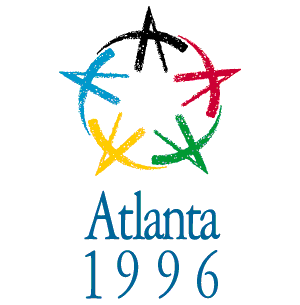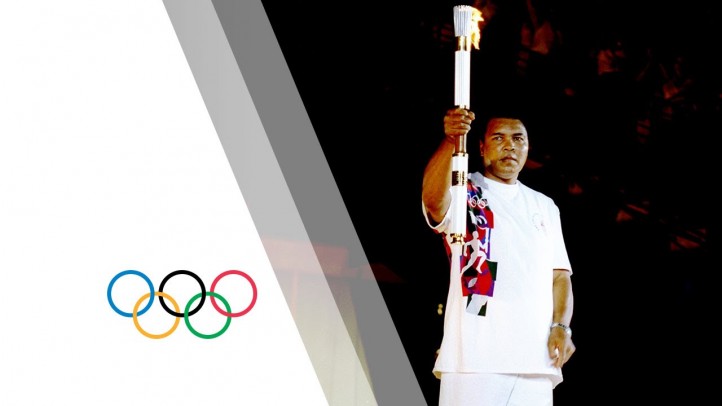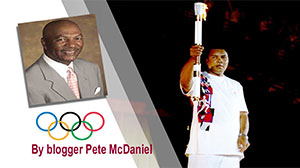Sometimes when we’re hell bent on racing down the road to perdition, a roadblock appears that forces us to make a u-turn and head in the direction of redemption. My roadblock was a marriage on the rocks, thanks in no small part to the stone heartedness of an immature bit player in life’s drama.
That would be me in case you’re wondering.
My life-altering u-turn occurred in 1993 when I decided to make a proposal that I thought the brass at the New York Times Company couldn’t refuse.
 The company suits had considered me a valuable asset as sports editor at the newspaper in Hendersonville, N.C. (the Times-News), so I leveraged that sentiment to escape to greener and certainly more peaceful pastures. My mission was to land in either Atlanta to cover the ’96 Olympics and other major sporting events and teams for the newspaper group or Trumbull, Ct., to cover golf for either of the company’s two magazines—Golf World and Golf Digest.
The company suits had considered me a valuable asset as sports editor at the newspaper in Hendersonville, N.C. (the Times-News), so I leveraged that sentiment to escape to greener and certainly more peaceful pastures. My mission was to land in either Atlanta to cover the ’96 Olympics and other major sporting events and teams for the newspaper group or Trumbull, Ct., to cover golf for either of the company’s two magazines—Golf World and Golf Digest.
The choice was theirs.
I’m forever grateful that the suits sent me to New England and the golf magazines. That’s where my fame and fortune were born, plus the move surely saved my life. You’ll have to wait for my autobiography to get the gory details, but trust me, it surely did.
However, the move also cost me a chance to cover a Rockwell moment in Olympics history—the lighting of the flame by Muhammad Ali, his body battered from the effects of a decades-old bout against Parkinson’s Disease.
I would have been there at Atlanta’s Olympic Village. Pen and paper in hand. Of course, that was long before Notebooks and Smart Phones. My shorthand consisted of scribbling and symbols decipherable only by me, but I kept detailed notes back then and excelled at “white heat’’ deadline reporting.
I would have been ready to record the moment.
Like a lot of my generation of sports fans, I idolized Ali. He was brave, bold and unafraid of taking a controversial stand. He was the only truly free black man I knew– unfettered by the status quo or this country’s “isms’’.
He was our hero. Superman sans the cape. Batman responding to the world’s bat signal.
Inequality? Ali jabbed at its ugly head. Intolerance? Ali counter punched it into submission. Man’s inhumanity to other men? Ali rope-a-doped it, then sent it crashing to the canvas.
He was indeed the greatest.
That’s why my Olympics assignment would have been bittersweet. We tend to see our heroes as invincible, and I had witnessed Ali’s transformation from the powerful and graceful fighter who floated like a butterfly and stung like a bee in the ring, to a shaking shadow of his former glorious self.

It was painful to watch Ali from wherever I was watching on TV. I really don’t recall where I was at the time, probably covering an amateur event with Tiger Woods in the field. I do recall being caught up in the emotion of the ceremony. As a matter of fact, my eyes filled with tears, and I said a silent prayer as Ali struggled to light the Olympic flame.
In retrospect, I’m glad my road to redemption bypassed the ’96 Olympics because I am certain my reporter’s notepad, soaked by a flood of tears, would have been worthless.
I never met the champ, who lost his fight with Parkinson’s on June 3rd. Those close to him say his heart continued to beat 30 minutes after his other vitals had ceased.
Add that to the lore and legend that was and will forever be Muhammad Ali.
The heart of a champion endures in the hearts and spirits of millions around the world. Might be the champ’s greatest victory.
Pete McDaniel is a veteran golf writer and best-selling author. His blogs and books are available at petemcdaniel.com
Comments on this topic may be emailed directly to Pete at: gdmcd@aol.com



